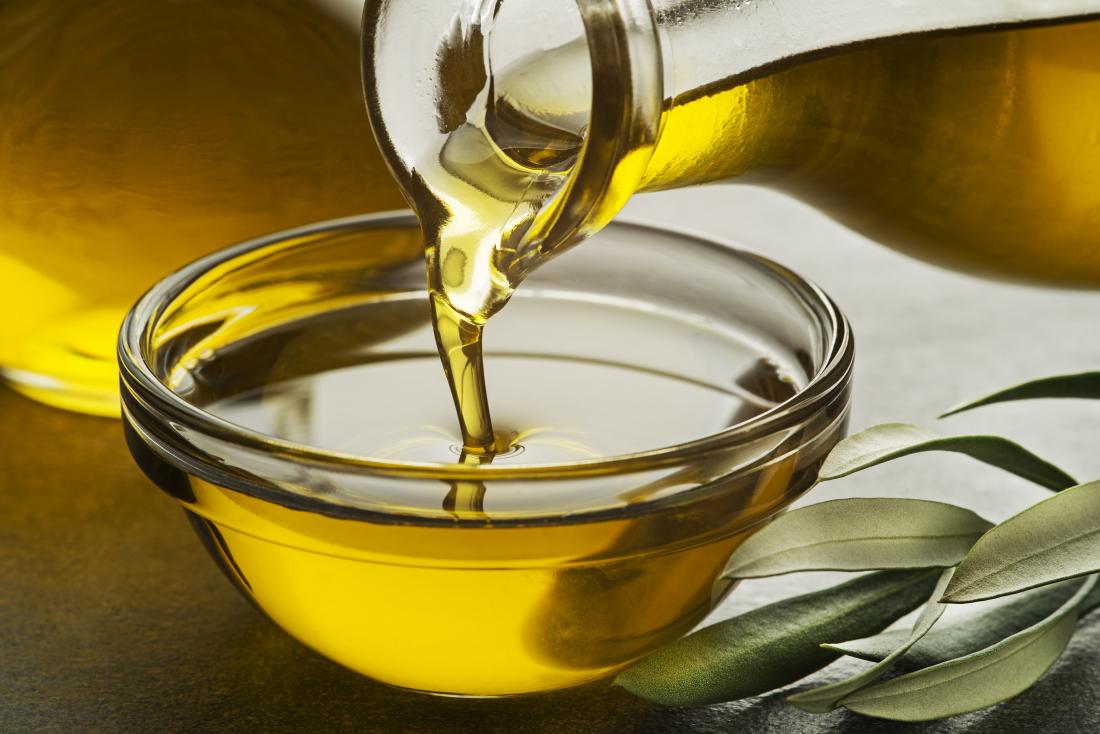Brazil’s Biodiesel Blend to Return to 12% Vegetable Oil (B12)

For the last several months, the Brazilian government mandated that the percentage of vegetable oil blended into Brazil’s biodiesel be reduced from 13% (B13) to 10% (B10). The government justified the reduction due to the high prices for soybean oil which makes up more than 70% of the vegetable oil used in Brazil’s biodiesel. The government has now reconsidered that position and indicated that the mixture will be increased to 12% (B12) for the months of September and October.
When the blend percentage was reduced, the Brazilian Association of Vegetable Oil Industries (Abiove) complained that there was little justification for the reduction since the price of soybean oil is a minor component compared to petroleum diesel in the price of biodiesel.
Abiove indicated that when the blend was abruptly reduced, it threw the sector into uncertainty since they had been investing in expanding their production capacity expecting an ever-increasing blend percentage, which is what had been promised by the government. Even though the new blend is less than the B13 which had been in place, Abiove views this as a move in the right direction for the industry.
The industry is pushing to increase the blend back to B13 for November and December and then B14 in March of 2022 and B15 by the end of 2022. The industry has ample capacity to meet even higher blends and Brazil’s soybean production continues to increase annually.
One of the downsides of the government’s decision to reduce the blend percentage was that crushers decided to reduce their crush and export more whole soybeans instead. The reduced crush resulted in less availability of soybean meal and higher prices. That coupled with record high domestic corn prices, resulted in a financial squeeze for livestock producers in southern Brazil.
The President of the Biofuel Producers Association of Brazil (APROBIO) stressed the importance of biodiesel if Brazil is to meet its goals of reducing greenhouse gas emissions. He indicated that biodiesel is a clean, renewable fuel that reduces greenhouse gas emissions and that other countries are already using a higher percentage of vegetable oils in their biodiesel. In some U.S. states the percentage is 20% and in Indonesia, the percentage is 30%.
Read also
Wheat in Southern Brazil Impacted by Dry Weather and Frosts
Oilseed Industry. Leaders and Strategies in the Times of a Great Change
Black Sea & Danube Region: Oilseed and Vegoil Markets Within Ongoing Transfor...
Serbia. The drought will cause extremely high losses for farmers this year
2023/24 Safrinha Corn in Brazil 91% Harvested
Write to us
Our manager will contact you soon



